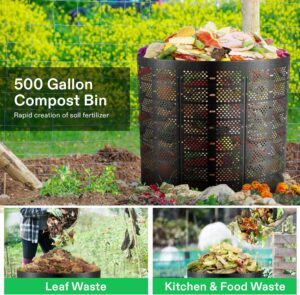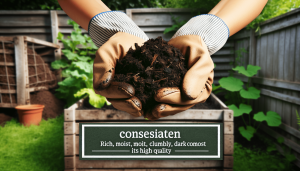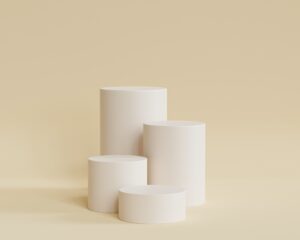Sure thing!
Welcome to our guide on composting eggshells! “Can I Compost Eggshells?” is a handy article that explores whether adding these kitchen scraps to our compost bin is a good idea. We’ll delve into why eggshells are a great addition to our compost and how they can enrich the soil in our gardens. Finally, we’ll share some simple tips on how to prepare and break down the eggshells for composting efficiency. Let’s make the most of our waste and boost our gardening game! Have you ever wondered, “Can I compost eggshells?” We know many of us share this question as we strive to create a more sustainable and eco-friendly lifestyle. Composting is a fantastic way to reduce waste and enrich our soil, but knowing what can and cannot be added to the compost bin can be tricky. That’s why we’re here to explore the ins and outs of composting eggshells.
What Are Eggshells Made Of?
Understanding what eggshells are made of can help us decide if they belong in our compost pile. Eggshells primarily consist of calcium carbonate (over 90%), along with small amounts of other minerals like magnesium, potassium, and phosphorus. These minerals are beneficial to garden soil, which can make eggshells a valuable addition to our compost.
The Nutritional Value for Soil
Eggshells break down slowly in compost, releasing their minerals over time. This gradual release can help improve soil structure and provide a steady supply of nutrients to our plants. The primary benefit here is the calcium, which supports the development of strong cell walls in plants.
Mineral Content in Eggshells:
| Mineral | Percentage Composition |
|---|---|
| Calcium Carbonate | 94% |
| Magnesium | 1% |
| Potassium | 1% |
| Phosphorus | Trace |
Benefits of Composting Eggshells
Why should we compost eggshells? The benefits extend beyond just reducing waste. Here are a few compelling reasons:
- Nutrient Enrichment: Adds essential minerals to compost, improving soil health.
- pH Balancing: Helps neutralize overly acidic soil due to its high calcium content.
- Pest Deterrent: Finely crushed eggshells can deter pests like slugs and snails.
- Improved Drainage: Enhances soil structure, leading to better aeration and water drainage.
How Eggshells Influence Soil Health
Adding eggshells to our compost can lead to healthier plants by enriching the soil with calcium, which is crucial for plant development. Just like us, plants need a balanced diet to thrive, and calcium plays a key role in their growth.
Can I Compost Eggshells?
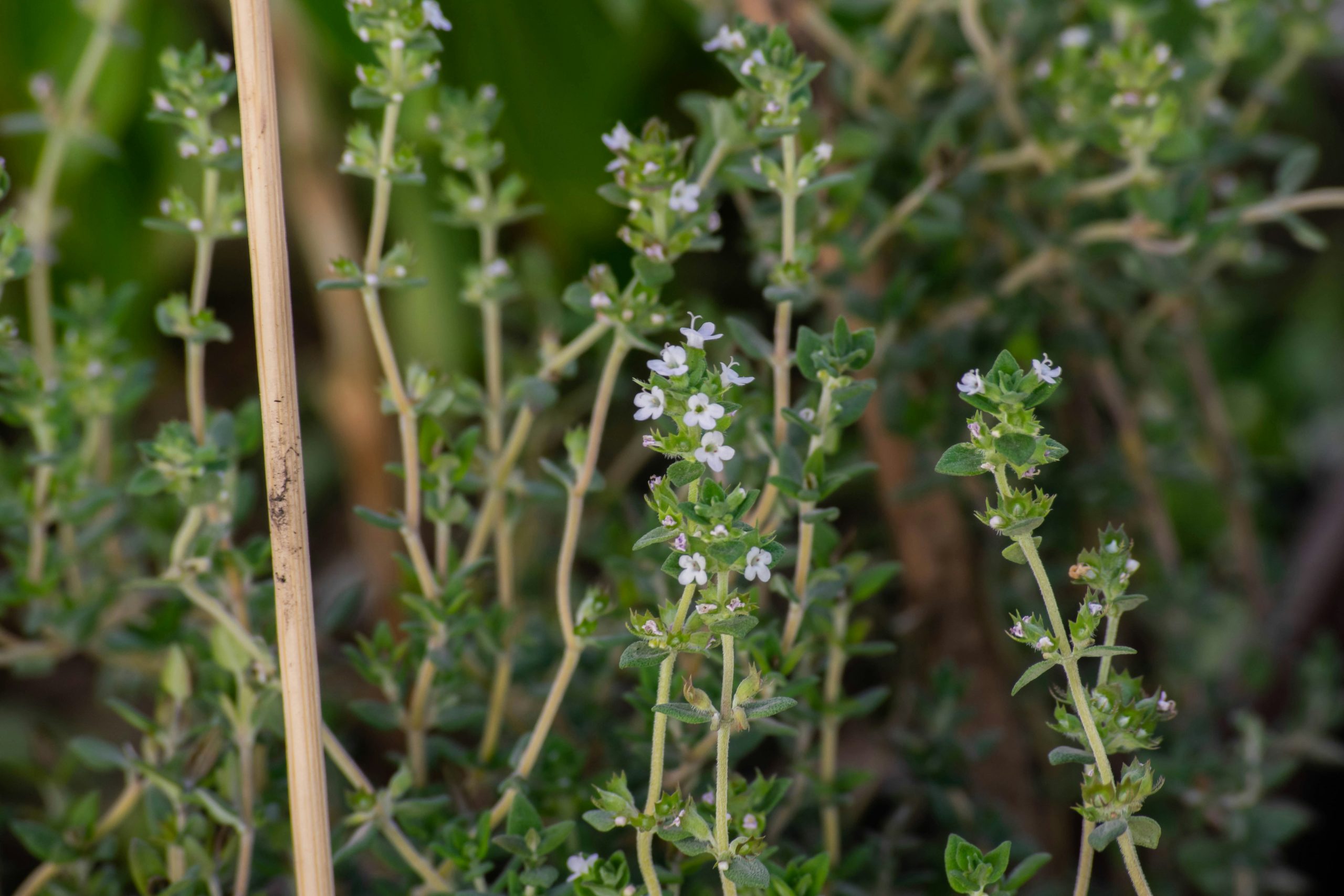
How to Prepare Eggshells for Composting
Simply tossing whole eggshells into the compost bin is not the most effective method. We need to process them a bit to ensure they break down and integrate into the compost efficiently.
Step-by-Step Preparation
- Rinse Thoroughly: Before composting, rinse the eggshells to remove any residual egg white or yolk. This helps reduce odors and prevents attracting pests.
- Dry the Eggshells: Allow the eggshells to air dry. Some people prefer to dry them in the oven at a low temperature for a few minutes.
- Crush the Eggshells: Crushing the eggshells into smaller pieces increases the surface area, allowing them to decompose faster.
Preparation Tips:
| Step | Description |
|---|---|
| Rinse Thoroughly | Remove residual egg substance |
| Air Dry or Oven Dry | Ensure no moisture is present |
| Crush Finely | Speeds up decomposition process |
How to Add Eggshells to Compost
We’ve prepared the eggshells; now let’s integrate them into our compost pile properly.
Layering is Key
When adding any material to compost, including eggshells, think about the balance between “green” and “brown” materials:
- Green Materials: High in nitrogen (fruit scraps, grass clippings)
- Brown Materials: High in carbon (dead leaves, cardboard)
Eggshells are considered “brown” materials. So, balance them with an equal or greater amount of “green” materials to maintain a healthy compost ratio.
Mixing Well
To ensure eggshells decompose properly, mix them thoroughly with other compost materials. This promotes even distribution and aeration, crucial for the composting process.
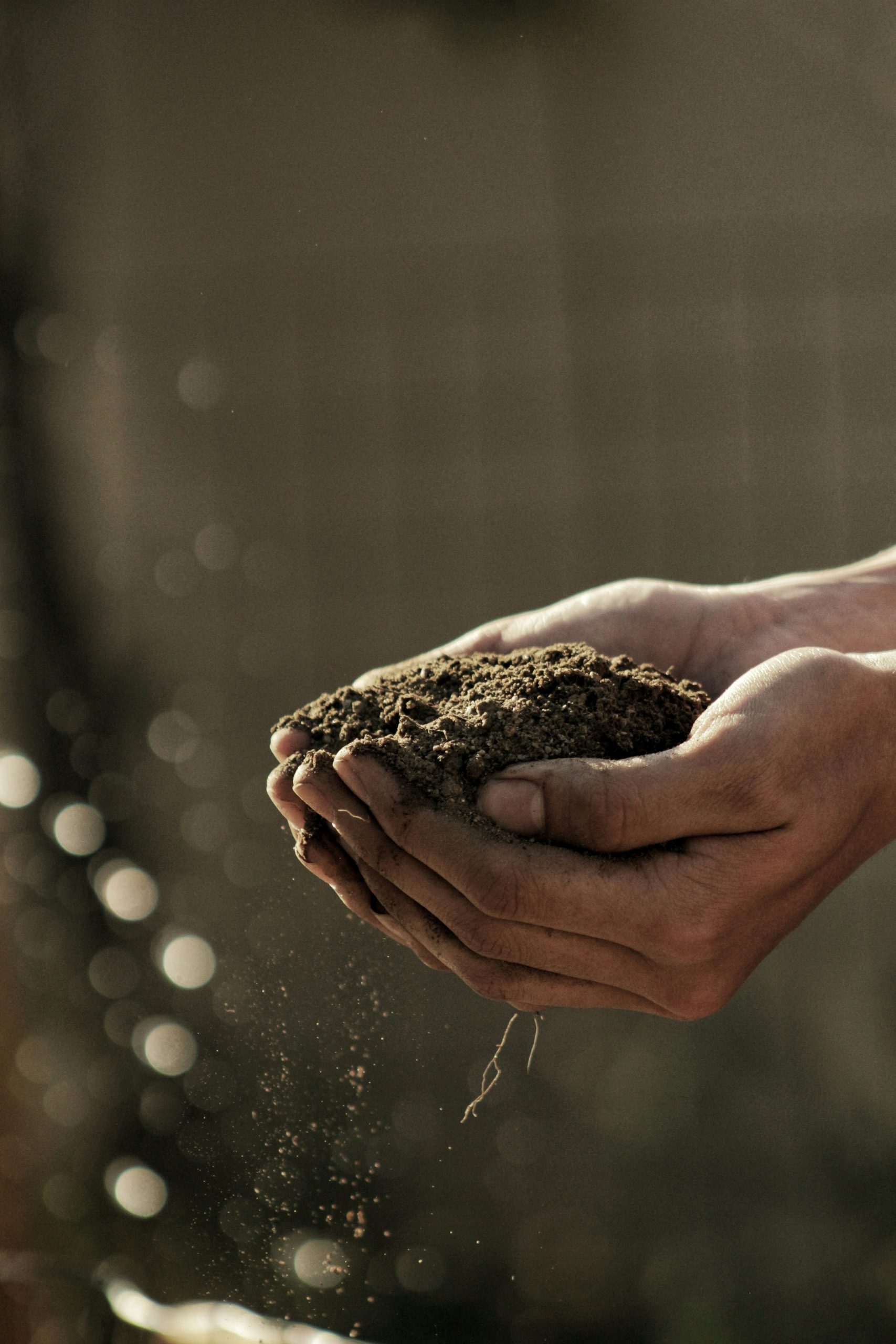
Common Misconceptions About Composting Eggshells
There’s a lot of advice online, and some of it can be misleading. Let’s debunk a few myths about composting eggshells.
Myth 1: Eggshells Attract Pests
While unwashed eggshells can attract pests due to leftover egg residue, rinsed and crushed eggshells are unlikely to pose this issue. Proper preparation is essential.
Myth 2: Eggshells Decompose Quickly
Eggshells don’t decompose as quickly as other organic matter. Crushing them into smaller pieces helps, but patience is still required.
Myth 3: Eggshells Increase Soil Acidity
Given their high calcium carbonate content, eggshells can actually help neutralize soil acidity rather than increase it.
Troubleshooting Common Issues
What if we encounter problems while composting eggshells? Here are some solutions to common issues:
Issue 1: Eggshells not Decomposing
Solution: Make sure the eggshells are crushed into smaller pieces and mixed well with other compost materials.
Issue 2: Pests Attracted to Compost
Solution: Ensure eggshells are thoroughly rinsed and dried before adding them to the compost pile.
Issue 3: Unpleasant Odor
Solution: This could be due to improper balance between green and brown materials or adding whole eggshells with residues. Adjust the balance and prepare the shells properly.
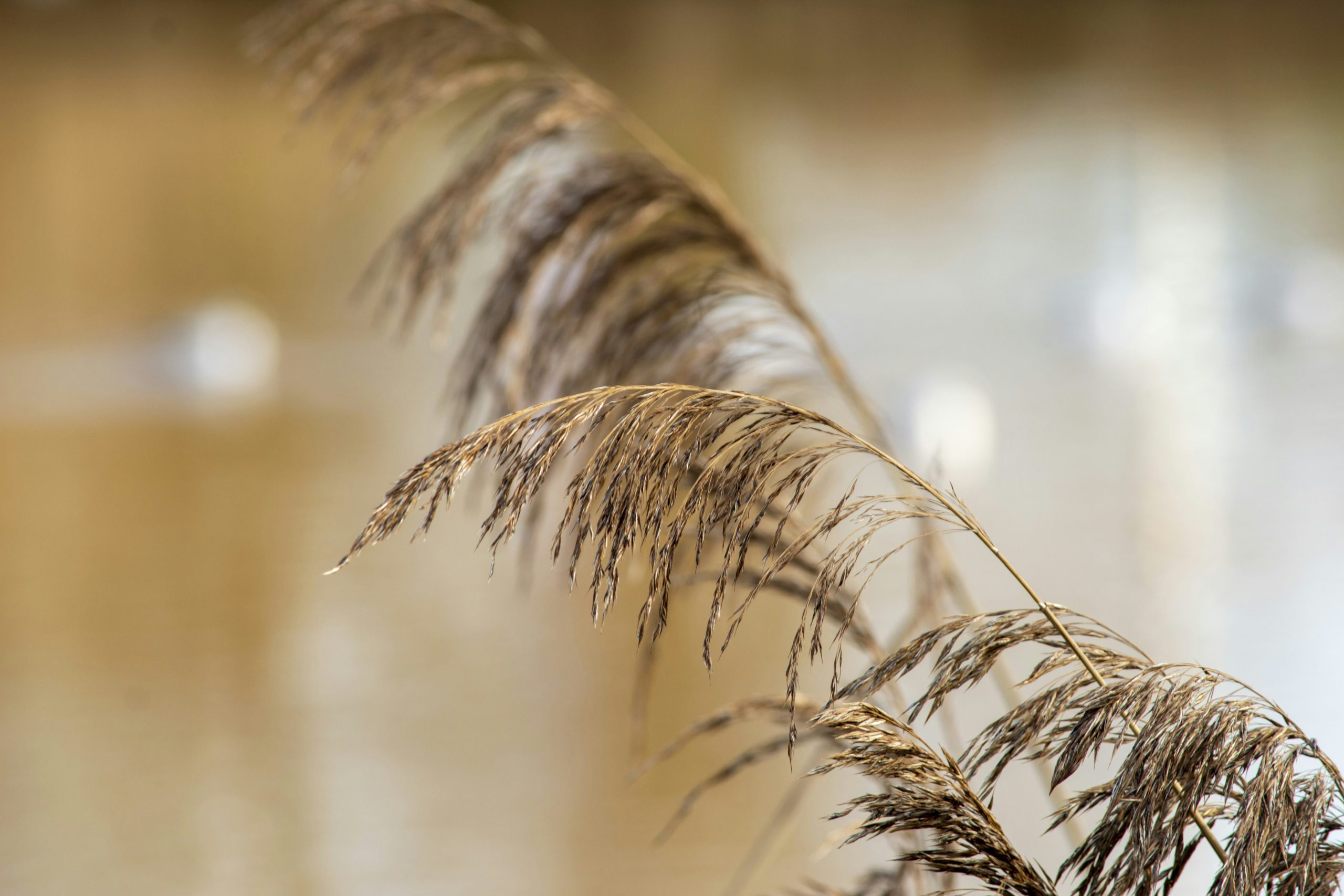
Tips for Successful Eggshell Composting
- Crush Thoroughly: The finer the pieces, the faster they decompose.
- Balance with Greens: Always maintain a balance between green and brown materials.
- Aerate Your Compost: Turn your compost regularly to promote decomposition and prevent odors.
Advanced Composting Techniques
For those of us looking to take our composting game to the next level, incorporating advanced techniques like vermicomposting (using worms) or hot composting (maintaining higher temperatures) can speed up the breakdown of eggshells.
Alternative Uses for Eggshells in the Garden
If composting isn’t our only goal, eggshells can serve several other beneficial purposes in the garden.
Soil Amendment
Crushed eggshells can be directly mixed into garden soil to improve its structure and nutrient content.
Pest Deterrent
Sprinkle crushed eggshells around the base of plants to deter pests like slugs and snails. The sharp edges are uncomfortable for these pests to crawl over.
Seed Starters
Eggshells can serve as small, biodegradable containers for starting seedlings. Fill them with a little soil and plant seeds inside; when it’s time to transplant, the entire shell can go into the ground.

Frequently Asked Questions
Q: Can I compost colored eggshells?
A: Yes, as long as the coloring is food-safe, colored eggshells can be composted just like regular eggshells.
Q: How long does it take for eggshells to decompose in compost?
A: Typically, it can take several months for eggshells to fully decompose, especially if they are not crushed finely.
Q: Should I avoid composting eggshells if I have a lot of them?
A: Not necessarily. Just ensure they are balanced with enough green materials and properly crushed to aid decomposition.
Q: Do I need to sterilize eggshells before composting?
A: While sterilization isn’t necessary, ensuring they are clean and dry will prevent pest problems and odors.
Conclusion
So, can we compost eggshells? Absolutely! When prepared and added correctly, eggshells can be a valuable addition to our compost pile, enriching our soil and helping our gardens thrive. By understanding the best practices and addressing common issues, we can make the most out of this often-discarded kitchen waste.
Let’s embrace composting eggshells and continue our journey toward a more sustainable and eco-friendly lifestyle. We hope this guide has clarified any doubts and provided useful tips for incorporating eggshells into our composting routines. Happy composting!

